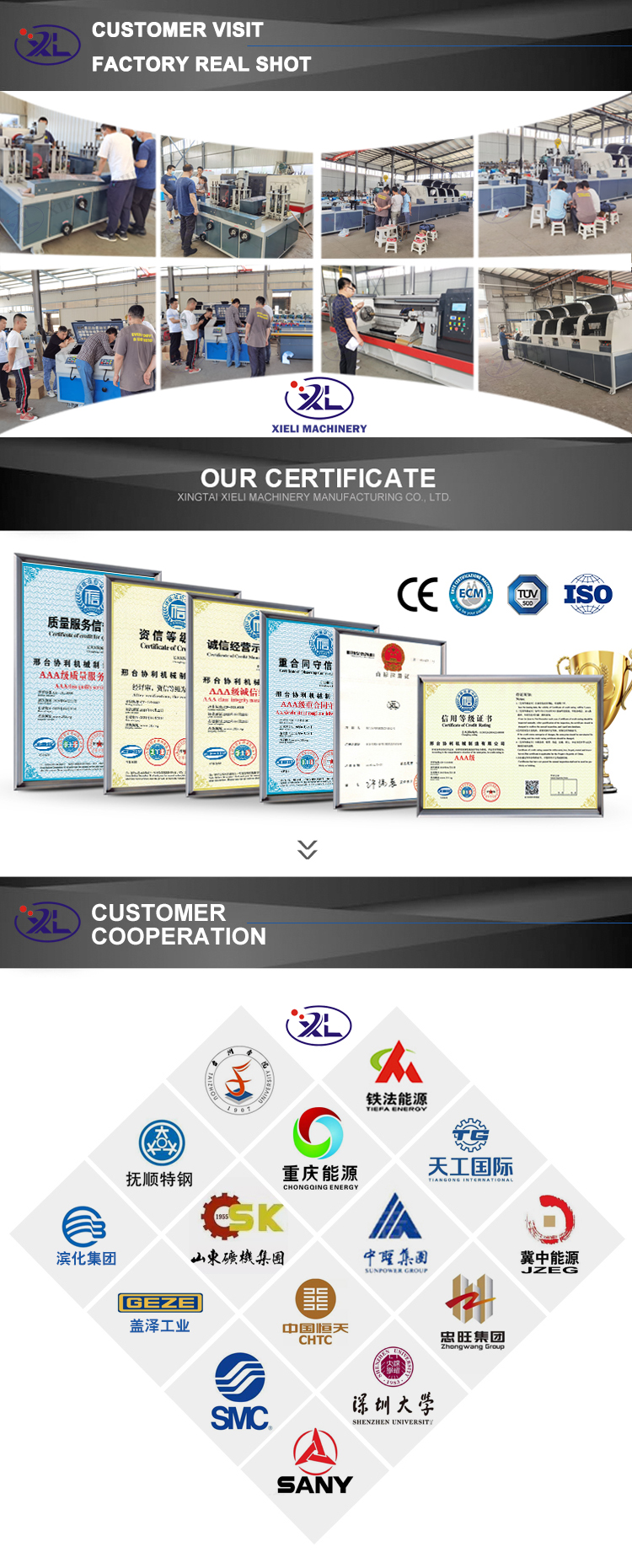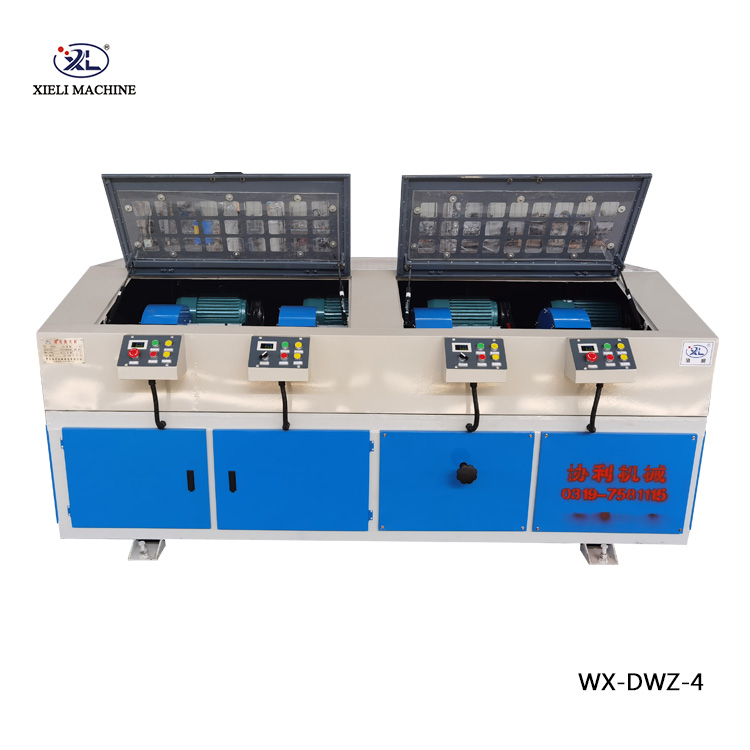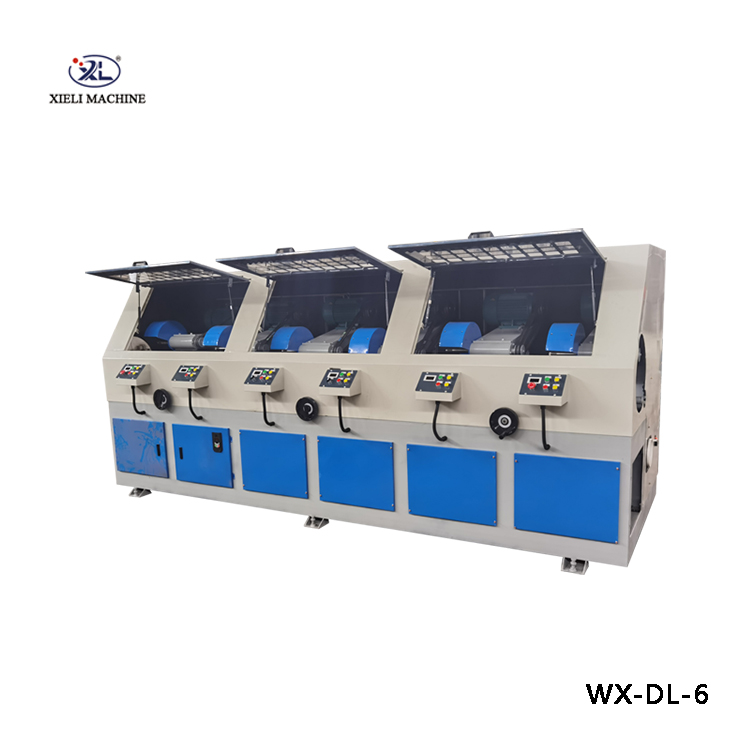The Evolution and Significance of Stainless Steel Polishing Machines in Manufacturing
Stainless steel has become a staple material in various industries, from automotive to construction, due to its durability, corrosion resistance, and aesthetic appeal. However, to harness these qualities, the surface of stainless steel parts must often undergo polishing. This is where stainless steel polishing machines come into play, becoming an essential asset in factories worldwide.
Understanding Stainless Steel Polishing Machines
Stainless steel polishing machines are specialized devices designed to enhance the surface finish of stainless steel products. They remove imperfections, scratches, and oxidation while ensuring a smooth, reflective surface that enhances the material's aesthetic characteristics. These machines come in various forms, ranging from manual handheld polishers to large-scale automated systems capable of processing countless items in a short amount of time.
The Process of Polishing Stainless Steel
The polishing process generally involves several stages, including grinding, sanding, and buffing. Initially, the surface is treated with abrasives that remove any blemishes or the oxide layer that often forms during fabrication. This initial grind creates a foundation for a smoother surface. Following this, finer abrasives are applied to gradually refine the finish. The final step typically employs a buffing wheel, which uses a soft cloth or felt to add a shine, giving the stainless steel its desired mirror-like finish.
The Importance of Surface Finish
The surface finish of stainless steel is critical for multiple reasons. First and foremost, it affects the material's appearance. A well-polished surface not only looks more appealing but also embodies higher quality, which can significantly influence consumer purchasing decisions. Beyond aesthetics, surface finish impacts performance. Smooth surfaces are less likely to harbor contaminants, making polished stainless steel ideal for sanitary applications, particularly in the food and pharmaceutical industries.
Moreover, the enhanced surface finish aids in preventing corrosion. Stainless steel's durability stems largely from the presence of chromium, which forms a protective oxide layer. However, any damage to this layer can lead to corrosion. Polishing helps to maintain the integrity of this protective layer, prolonging the lifespan of the product.
stainless steel polishing machine factory

Innovations in Polishing Technology
As industries evolve, so too do the polishing machines used to finish stainless steel. Traditional polishing methods, often labor-intensive and time-consuming, are increasingly being replaced by automated processes. CNC (Computer Numerical Control) machines, for instance, provide precision and consistency, reducing the margin for human error.
Furthermore, advancements in materials such as abrasive belts and pads have improved efficacy and reduced the time required for polishing. These innovations not only increase productivity but also decrease waste, aligning with modern manufacturing's sustainability goals. Some companies are even exploring the use of eco-friendly polishing compounds, which minimize environmental impact while still achieving high-quality results.
The Future of Stainless Steel Polishing Machines
Looking ahead, the industry shows promising potential for further advancements. The integration of artificial intelligence and machine learning into polishing machines could lead to self-adjusting systems that optimize the polishing process in real-time based on material characteristics and desired outcomes. This could dramatically reduce lead times and costs associated with stainless steel finishing.
Moreover, as industries grapple with the challenges of sustainability, there is a pressing demand for polishing machines that utilize fewer resources and generate less waste. Future designs may focus on recycling polishing compounds and reducing water usage, fulfilling the growing expectations of environmentally conscious consumers and organizations.
Conclusion
Stainless steel polishing machines play a pivotal role in modern manufacturing. They not only enhance the aesthetic appeal of stainless steel products but also improve their functionality and longevity. As technology continues to advance, the polishing process will likely become more efficient and sustainable, meeting the demands of an evolving market. For manufacturers, investing in high-quality stainless steel polishing machines is not just a matter of maintaining product quality; it is also a step toward embracing innovation and sustainability in a competitive landscape.





